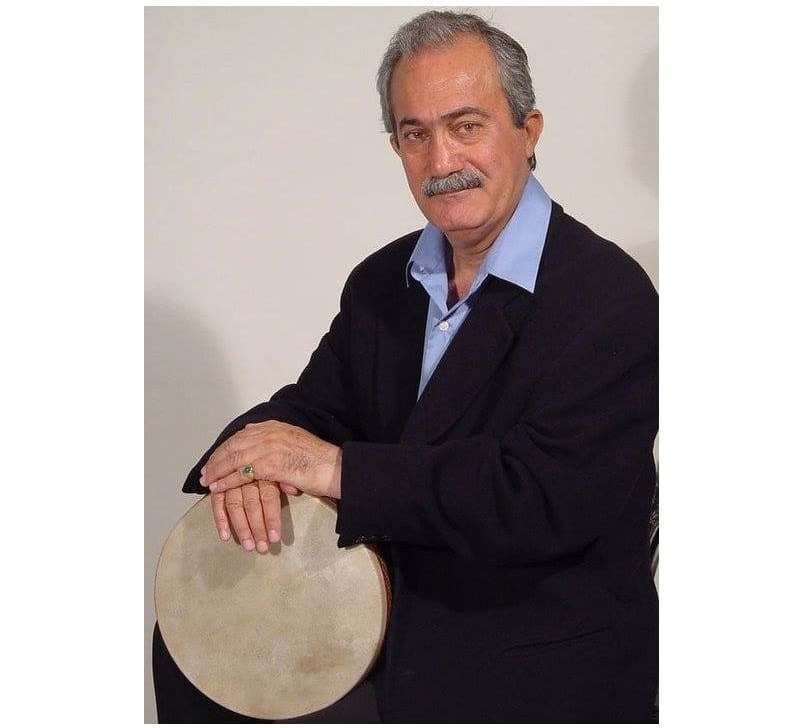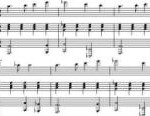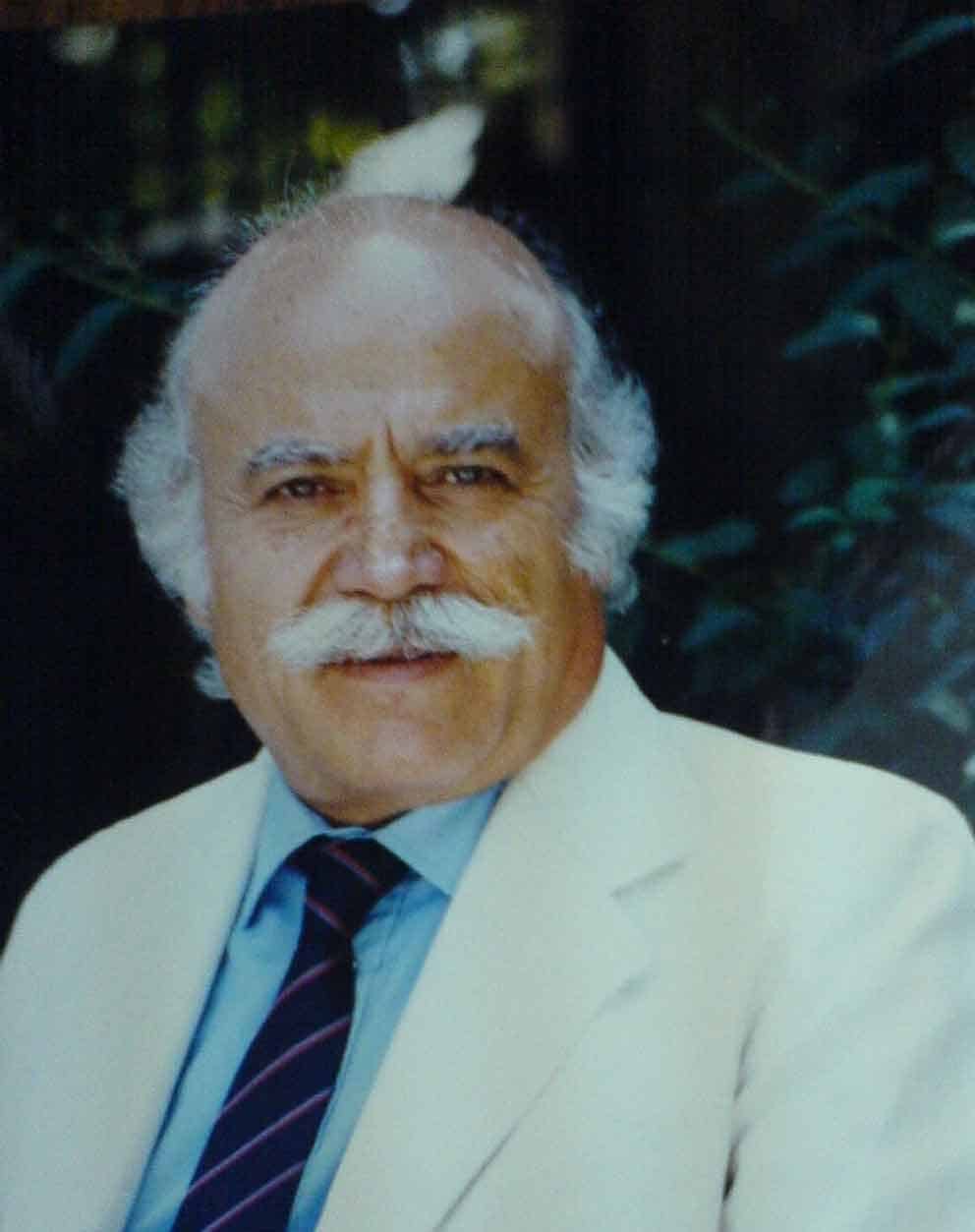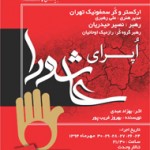
Bahman Rajabi, the renowned Tonbak player and educator (Persian goblet drum), passed away at his home at the age of 86 due to a heart condition. He was the founder of a distinctive school of Tonbak playing, and his teaching methods have been widely used by instructors of the instrument for decades.
Rajabi was born in 1939 in Rasht. His passion for music emerged in childhood, and he began serious study of the tonbak during his teenage years. Influenced by the great master Hossein Tehrani, Rajabi later studied with Amir Nasser Eftetah, ultimately developing his own unique style and methodology for tonbak performance.
His published works include Tonbak Instruction, Volume I (Elementary and Intermediate), Tonbak Instruction, Volume II (Advanced and Mastery), and Tonbak and Perspectives on Rhythm from Different Angles.
Although Rajabi did not leave behind an extensive discography, several significant recordings feature his artistry. Among them are his tonbak performance in Savaran-e Dasht-e Omid by Hossein Alizadeh; Goft-o-gu-ye Chap-o Rast (Dialogue of Left and Right) with Farbod Yadollahi; the album Dar Maktab-e Eshq (In the School of Love) composed by Maziar Shahi; Nazm-e Vezn, Tonbak Solo by Bahman Rajabi; Avaye Chakad (in recognition of his half-century of unrelenting work as a teacher of tonbak), with Alireza Javaheri; and the collections Golchin 1 and Golchin 2 (works of Reza Shafieian for santur), also in collaboration with Javaheri.
Rajabi was equally known in the music community as a sharp-tongued critic, writer, speaker, and satirist. In his lecture-concerts, presented under the title Concert-Research, he combined forceful critiques with live tonbak performances.
He also published numerous open letters addressed to various Iranian musicians, which he widely circulated and offered to music enthusiasts. Rajabi was known for his frequent remark during humorous talks: “He who weeps has one pain, he who laughs has a thousand and one, and he who makes others laugh has infinite pains.”
Politically, Rajabi leaned toward leftist thought, which led to several years of imprisonment during the 1980s. After his release, he devoted himself primarily to teaching and lecturing, though he occasionally appeared on stage with individual musicians or ensembles.
Many tonbak players studied under Rajabi’s guidance. A number of them completed full courses directly with him and received his personal endorsement—among the most notable are Farbod Yadollahi and Reza Kharashadizadeh.







